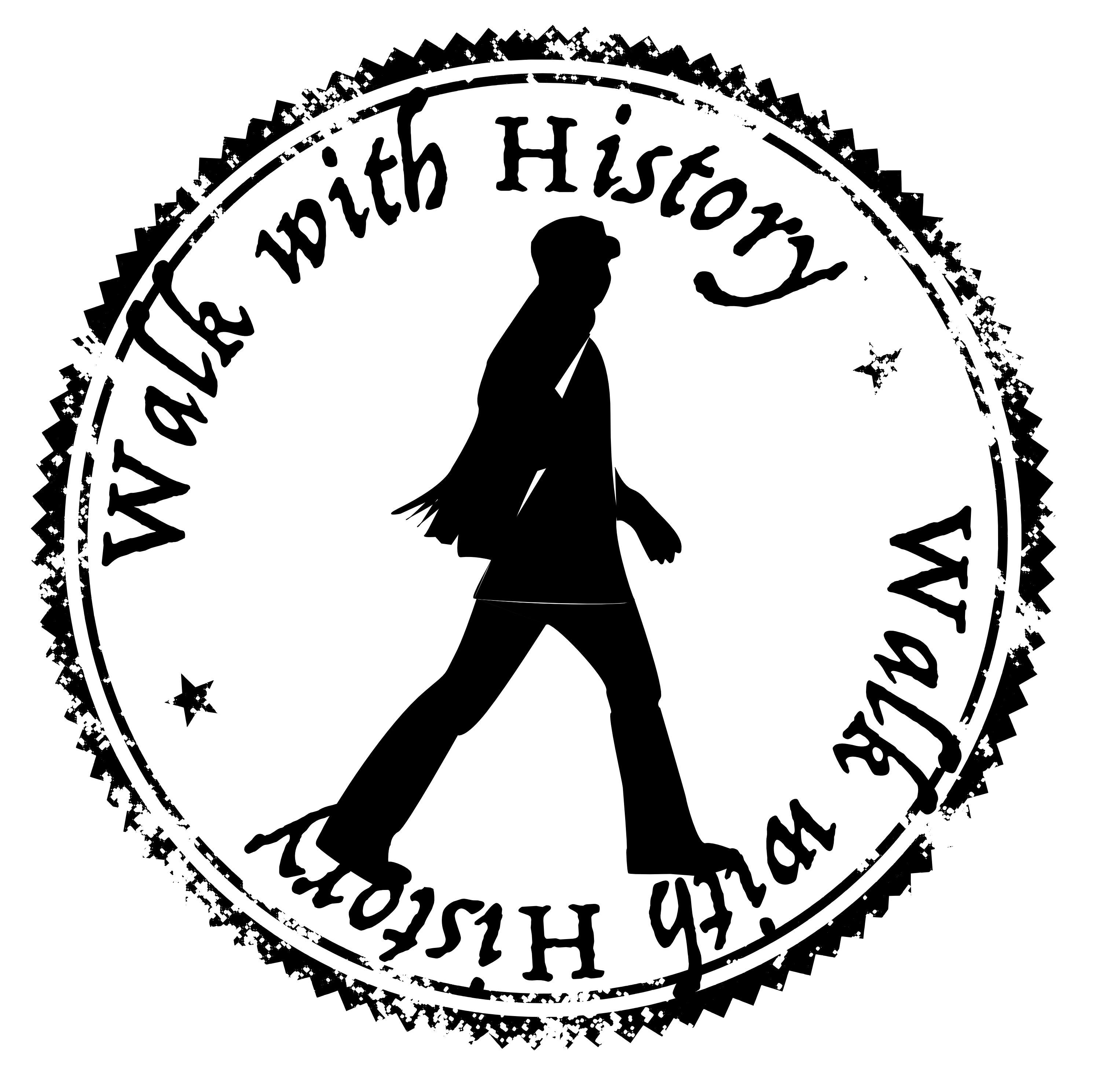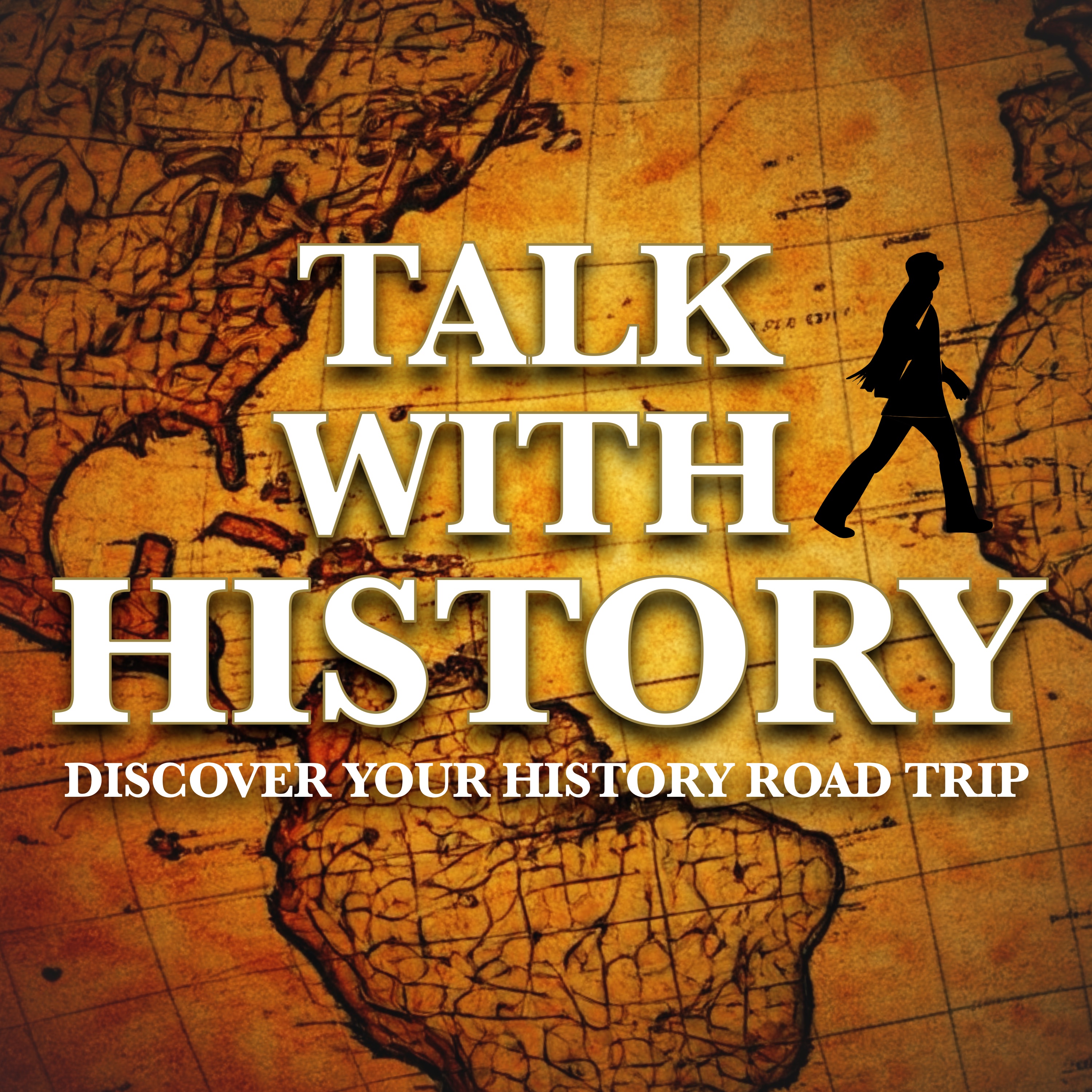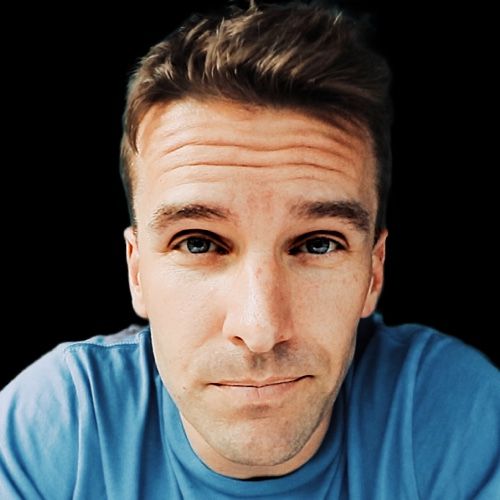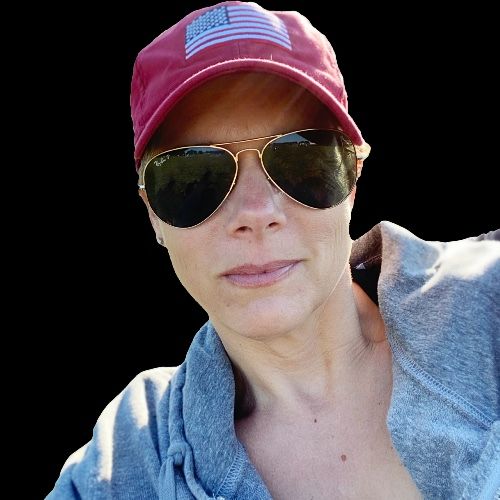The most Popular History Podcast Episodes of the Year
➡️ Help history. 2 minutes for 7 questions 🫡
The Talk with History podcast ends 2024 on a high note, celebrating a remarkable year of growth and listener engagement. Scott expresses heartfelt gratitude to the audience, highlighting the show's significant milestones, including their most popular episodes and the celebration of their 100th episode with a special guest from Hamilton. Listeners are treated to insights about the intriguing history behind John Wilkes Booth's manhunt and the charm of Colonial Williamsburg. As the hosts recount their adventures, they emphasize the importance of connecting with history through travel and shared experiences. Join Scott and Jen as they reflect on a year filled with inspiration and unforgettable moments, all thanks to the loyal listeners who fuel their passion for history.
🎙️ 100th Episode with Chris Jackson of Hamilton
🎙️ The End of John Wilkes Booth at the Garrett Farm
🎙️ Colonial Williamsburg History
🎙️ Top Tips for Visiting Colonial Williamsburg
🎙️ Legendary History of Devils Tower
🎙️ History of the Hatfields and McCoys
-------------------------------------------------------
⬇️ Help us keep the show going and explore history with us! ⬇️
🧳 Plus...get free travel resources in your inbox.
-------------------------------------------------------
📧 contact: talkwithhistory@gmail.com
Talk with History is a global Top 40 History podcast on Feedspot!
Transcript
Welcome to Talk with History.
Scott: ur host, Scott, and This is a: Scott:I want to thank all of our listeners on Apple Podcasts, Spotify or wherever you are listening.
Scott:Talk with History has grown significantly this year and it's all thanks to you.
Scott:Thank you for writing in, reaching out and leaving those reviews on Apple Podcasts and Spotify.
Scott:You are the reason this show is successful and Jen and I can't thank you enough.
Scott:2024 has been a milestone year for Talk with History.
Scott:We celebrated our 100th episode with a very special guest from the original cast of the Broadway play Hamilton, the actor who played George Washington himself, Mr.
Scott:Chris Jackson.
Speaker B:So as I moved through my schooling, history made sense because I had already received an education, a foundation in that and taught how important it was.
Speaker B:I always took history very seriously, second only to music that was, that's just how it had that and lunch.
Speaker B:But that's how it kind of, that's how it kind of formed.
Speaker B:That's how it kind of formed me.
Speaker B:And I've been ever grateful, especially in this Hamilton experience, because I felt I was primed already to understand the context of it and to really play it with commitment.
Speaker C:It's perfect.
Speaker C:It's the two things you love now.
Speaker C:Your paternal grandparents, your African American grandparents, were they part of the great migration that they were their families from the South.
Speaker B:So this is the funny story that I meant to tell you.
Speaker B:I promise I'll give you the short, shorter answer than the last two.
Speaker B:So my wife and I get on Ancestry.com the other day.
Scott: episode that was published in: Jen:To visit someone who is kind of a part of this whole 12 day manhunt for John Wilkes Booth.
Jen:But the very end.
Scott:So we visited a Garrett.
Scott:So which Garrett did we visit?
Speaker C:We visited Richard Bynum Garrett.
Speaker C:So the one of the boys of Richard Henry Garrett, he's like 11, he's 11 years old at the time.
Speaker C:And if you read Manhunt, he's, he's in the book because he interacts with.
Jen:John Wol Spoon and there's like kind of a, there's kind of a, almost a transcript of his recounting his memories of those days.
Speaker C:So we will talk more about that later in life.
Speaker C:He tries to clear his family name and really give an accurate account of what he remembers as 11 year old, what transpired in those last two days.
Speaker C:So it's the last two days April 24th through the 26th.
Speaker C:So remember, it is a 12 day manhunt for John Wilkes Booth.
Speaker C:John Wils Booth is trying to make it to Richmond, Virginia.
Speaker C:He believes if he can get to Richmond, Virginia, he will be put into an underground network and saved.
Speaker C:And honestly, that's probably true because when you think about how John Surat got away through Canada, how he got into an underground network and got away, I bet if John Wilkes Booth would have made it to Richmond, he would have gotten into some underground network and gotten to Texas, to Mexico.
Speaker C:But they just can't seem to.
Speaker C:John Wilkes Booth is held up because of his injury.
Speaker C:They're not the best navigators.
Speaker C:They don't really have.
Speaker C:This wasn't planned out with the logistics of care.
Speaker C:It's mostly like just trying to find sympathizers who help them along the way.
Scott:And yet again, our most downloaded episode for the second year in a row was our conversation on Colonial Williamsburg history with the top tips for visiting Colonial Williamsburg.
Scott:Not far behind at number four.
Jen:Well, I'm here to tell you folks that time travel is real and that's.
Scott:What we are talking about today.
Scott:So we're going to talk about our experience in.
Scott:Jen, what are we talking about today?
Speaker C:A Historians.
Speaker C:Disneyland.
Scott:Historians.
Jen:Disneyland.
Speaker C:Colonial Williamsburg.
Scott:Yes.
Jen:So tell me about Colonial Williamsburg.
Jen:Jen.
Speaker C:I would recommend you go to the visitor center and get your carriage ride.
Scott:Yeah, don't get me started on the carriage rides.
Speaker C:I know, but it is not the place to be to get to Colonial Williamsburg, to be in the heart of everything.
Speaker C:Because it's a hike, it's a walk, and they have shuttle buses if you want to ride a shuttle bus and you can park there.
Speaker C:And I would say they have a lot of parking there.
Speaker C:So if you had a bigger vehicle or an rv, it might be the better place to park.
Speaker C:However, we found the better place to park that also has a lot of parking.
Speaker C:It's free and it's free and it's open.
Speaker C:Is at the Rockefeller Folk art Museum.
Scott: In: Scott:To put that in real world perspective, that is over 222 days of people listening to the Talk with History podcast.
Scott:Stats like that aren't meant as a bragging point.
Scott:Rather it's meant to show that people are thirsty for history, for travel and like Jen and I, a growing desire to travel to historic locations.
Scott:Locations like Devil's Tower, our number two most popular episode this year it becomes.
Speaker C:The first national monarch monument, though.
Speaker C:And now it's a national park.
Speaker C: he first national monument in: Jen:Yeah.
Speaker C: when he does that, it becomes: Speaker C:So it encompasses not just the rock itself, but all the kind of area around it is the national monument.
Speaker C:So that's all like the national park.
Speaker C:And if you're going to visit, you know, before we get into more, I want to talk about.
Speaker C:If you're going to visit, plan a half a day.
Speaker C:Because what really, I think, stops the travel to Devil's Tower in the popular months is the traffic.
Jen:Yeah.
Jen:Getting into where you can actually park and walk up to Devil's Tower.
Jen:That is a pretty singular route.
Speaker C:And there's not a lot of parking.
Speaker C:So they will.
Speaker C:If once it's filled up, they will stop traffic coming in and wait until people leave before they let other people in.
Jen:Yeah, we got in there just kind of before that, because we're early risers by nature, us and the kids, and so.
Speaker C:So that's the popular months, though.
Speaker C:Wintertime.
Speaker C:I'm sure you're fine, but if you're going to visit, I would plan for half a day.
Scott:Or even places off the beaten path, like the Kentucky hollers, that were home to the legendary Hatfield and McCoy family feud.
Scott:Yeah, so we were.
Jen:I told the story to a couple folks.
Jen:We were driving around looking for parking near the courthouse.
Jen:And I pull up next to a hospital, and we pull up next to this hospital.
Jen:We couldn't tell if it was hospital only parking or if we could park there.
Jen:And a security guard walks up, he's an older gentleman, probably in his early 60s, and he says, hey.
Jen:He'd say, hey, can I help you guys?
Jen:And we said, hey, we're looking for parking.
Jen:You know, we're trying to go to the courthouse.
Jen:And so he had kind of pointed us off in another direction just a little, you know, just a little ways away.
Jen:And then you saw his name tag, and his name, Ted said, Hatfield.
Speaker C:Said Hatfield.
Speaker C:And so I asked him, are you Hatfield?
Speaker C:Are you related to Devil Anne's Hatfield?
Speaker C:And he said, yeah, it's my great uncle.
Speaker C:And he actually owns the land where they had the feud and the kid, the boys with the border, where the boys were shot, where the McCoy boys was shot.
Speaker C:And we're going to get into everything that happened.
Jen:And he even said to us, too.
Jen:He's like, I guess the Hatfields won in the end.
Jen:And I was like, oh, my gosh.
Speaker C:I know.
Speaker C:We just laughed.
Speaker C:We were like, okay.
Scott:Jen and I can't thank you enough for an amazing year.
Scott:And for listeners like you, you are the reason that we keep going week in and week out.
Scott:You inspire us to travel, to learn history, and to share our adventures so that, in turn, we can inspire the next generation of history travelers.
Scott:Thank you, God bless, and we'll talk to you in the new year.





